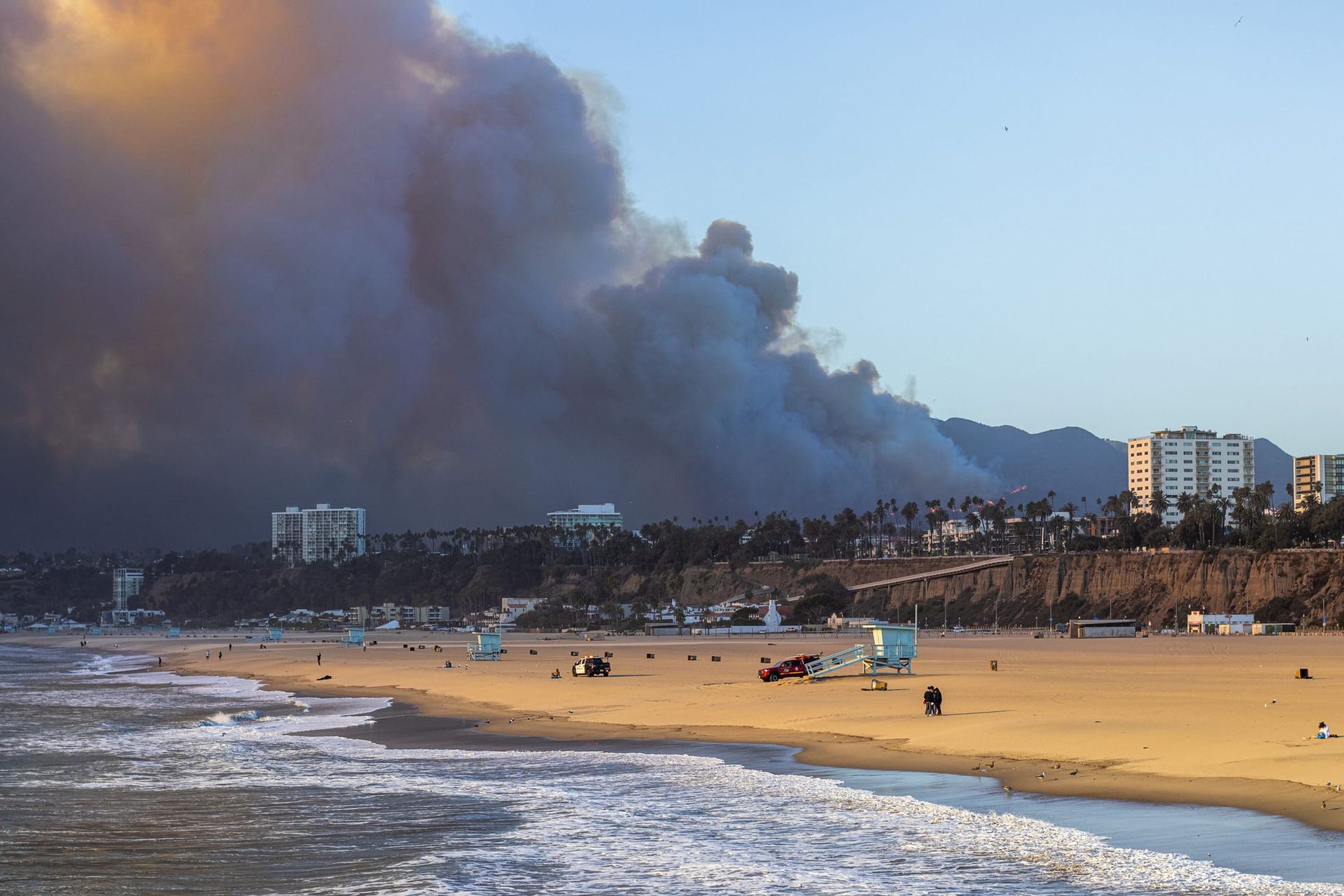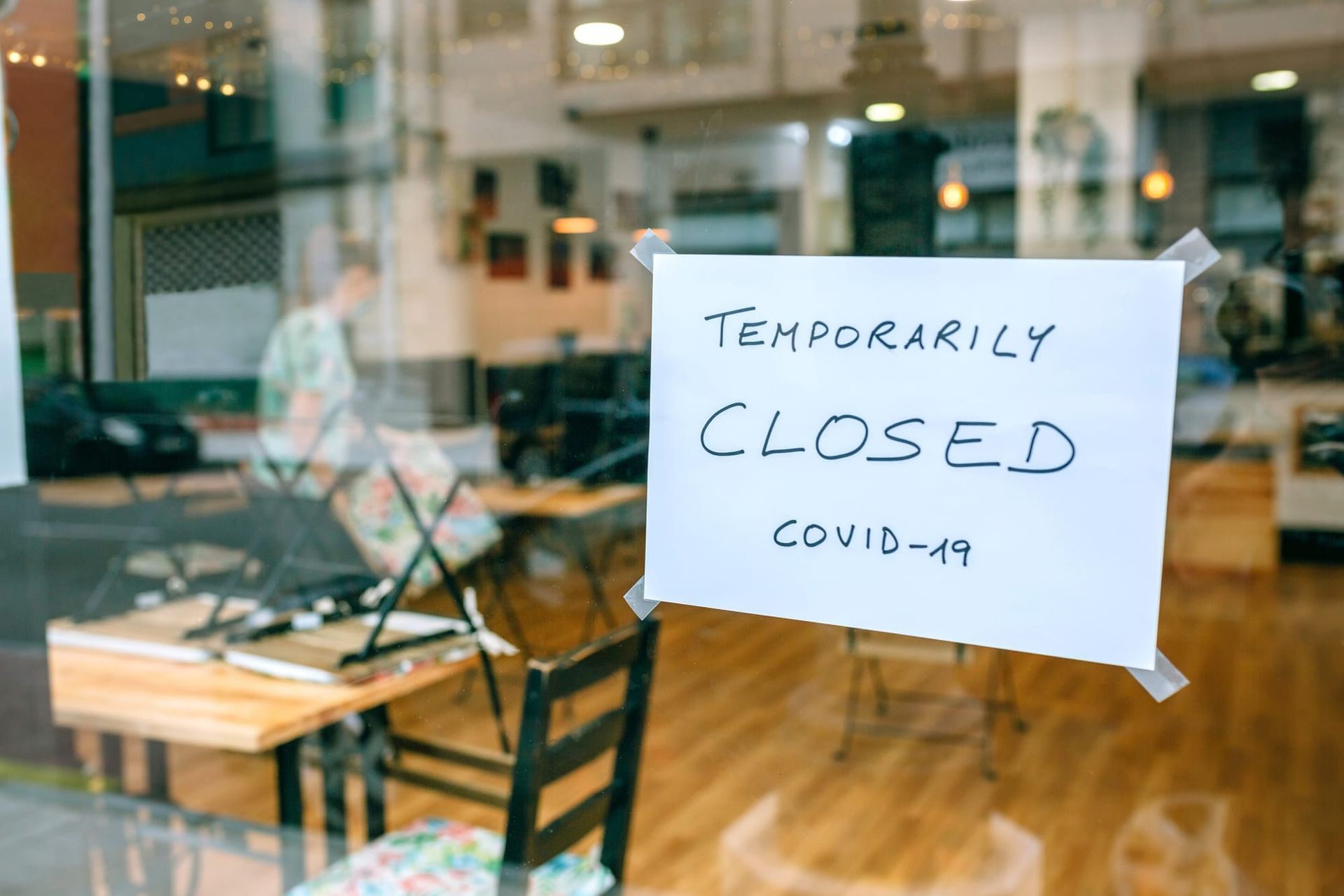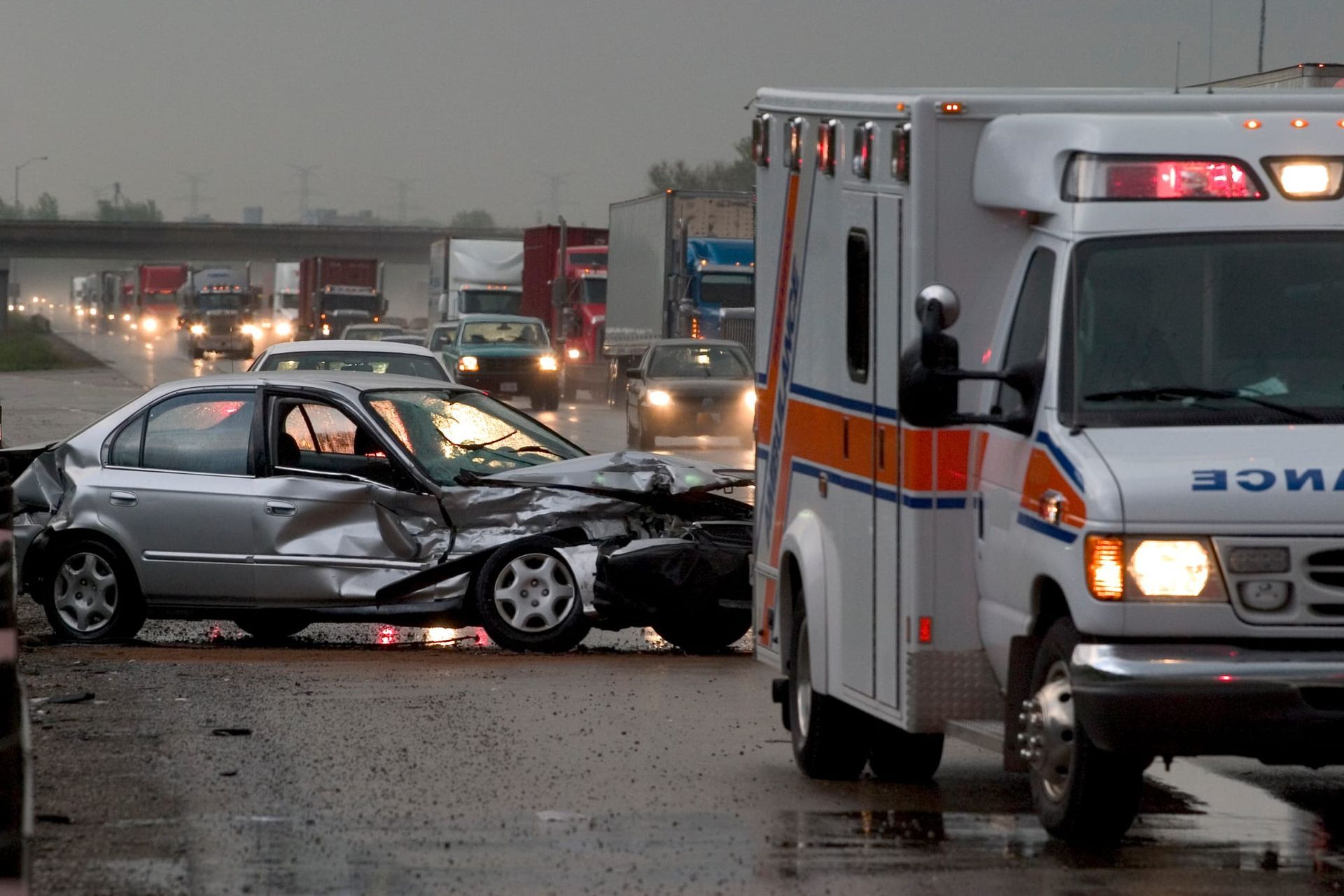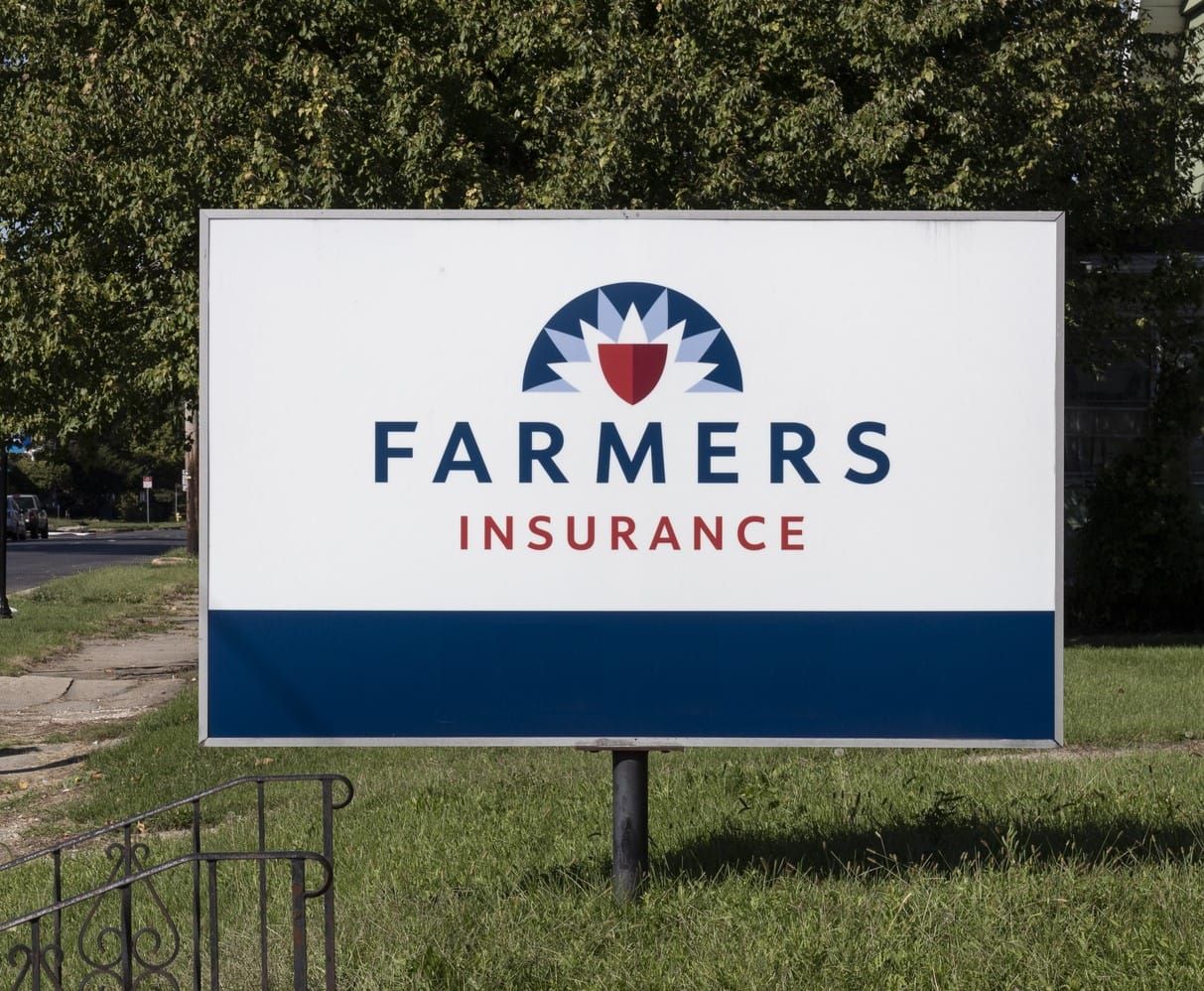When an employee crashes a personal vehicle on the job, which insurance policy applies?
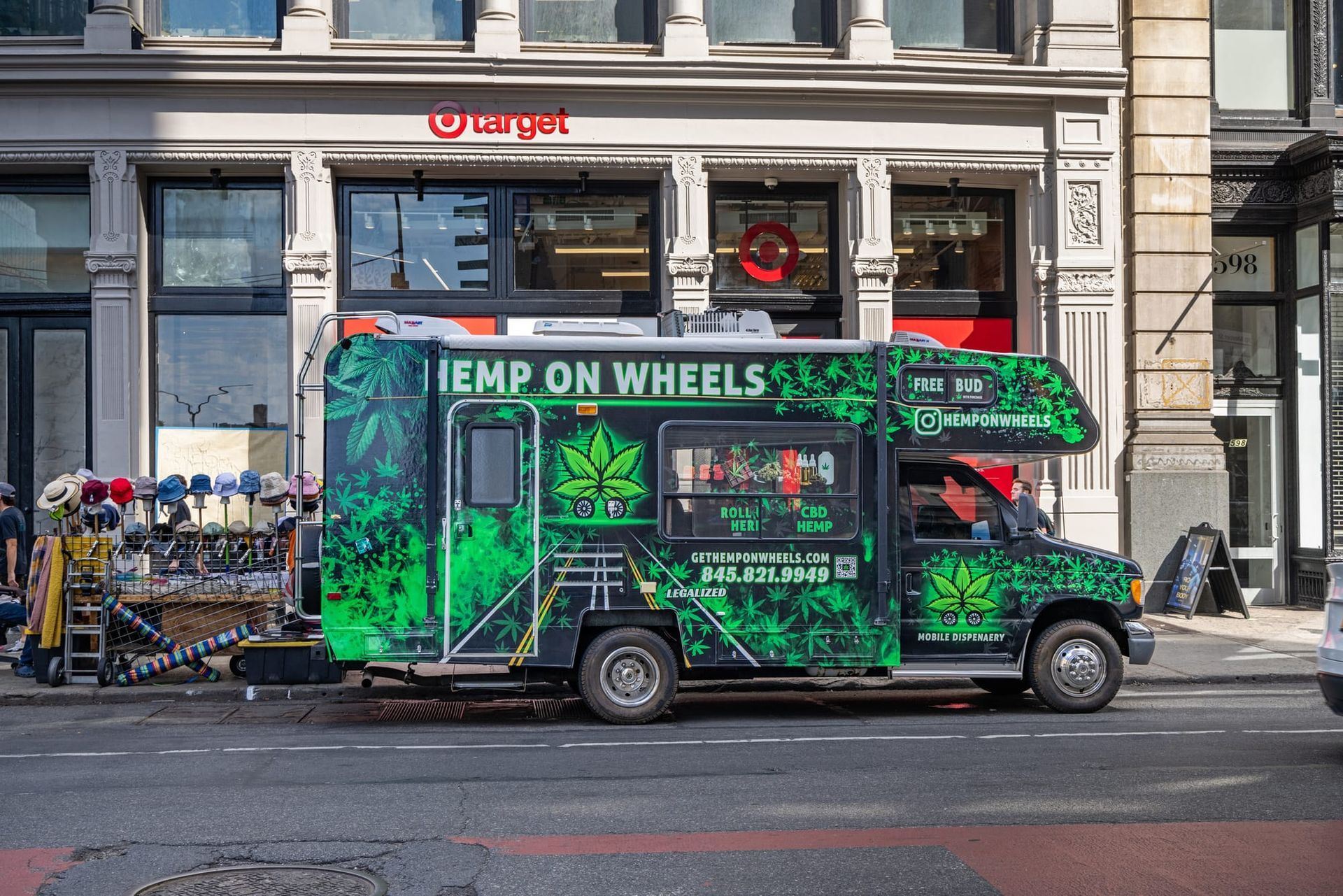
When Insurable Interest was young, someone who got into a crash while delivering marijuana would do his best to keep the purpose of that trip quiet. But now that humanity has entered the era of app-based drug delivery, these accidents are little more than mundane fodder for insurance coverage disputes.
That brings us to the latest California insurance coverage court decision, which presents a variation of a common question: When an employee crashes his own car while on the job, whose automobile insurance applies, his personal policy or his employer's policy?
Most personal automobile insurance policies tolerate some degree of incidental business use of personal vehicles, such as occasional use of a personal car to drive to business meetings. So when an employee crashes his vehicle while on the job, it generally raises the question of whether his employer's insurance should pay for the damage.
Here's how most employees think this scenario plays out: "Hey, boss, I just smashed into a family of four in minivan on the way to pick up potato salad for the company picnic. Since I was on the clock, can your turn this into the company insurance to repair my $1,900 windshield and take care of that nice family's ambulance bills? Cool, thanks."
In reality, thanks to California Insurance Code section 11580.9(d) , it is generally the employee's insurance policy that is required to respond first to any damages resulting from an accident caused by an employee's vehicle. Any coverage that might be available under an employer's policy usually stacks on top of the employee's policy.
But what if the employee's policy does not provide any coverage, possibly due to an exclusion? After all, while occasional business use of a personal automobile is tolerated under most personal policies, routine business use of the vehicle (think driving for Uber or delivering weed) frequently is not.
This was the outcome in Murphy v. AAA Auto Ins. of So. Cal. (G063742 January 31, 2025), where the court addressed the "compensated carrying exclusion" in a personal automobile insurance policy. While not always referred to as the "compensated carrying exclusion", this type of coverage carve-out is a common feature of most personal auto insurance policies. The "compensated carrying exclusion" basically says that if you are getting paid to transport people or property with your personal vehicle, the coverage available from your personal automobile insurance policy no longer applies.
In Murphy , the insured crashed his 2012 Toyota Corolla while making a delivery for his employer, Grassdoor, an app-based cannabis delivery service. The insured sought coverage from his personal auto insurance, arguing that because he was an "employee" of Grassdoor (he worked nine hours a day, five days a week, and received a regular weekly paycheck), the compensated carrying exclusion did not apply. The insured said the exclusion could only apply if he had been acting as an "independent contractor" at the time of the accident.
The insured, who represented himself, focused his arguments less on legal nuance and more on practicalities. He told the court that because he was categorized as an employee of Grassdoor, he was unable to obtain a commercial automobile insurance policy for his vehicle, which would have been available if he was an independent contractor. The insured thought the applicability of the exclusion should turn on the availability of insurance in the commercial marketplace based on his employment classification.
Insurable Interest lacks sufficient familiarity with the underwriting standards of all of California's auto insurers to know if this argument reflects how the insurance market actually works, but, if true, this potential market gap should certainly factor into the personal risk analysis for the employees of app-based cannabis delivery services who are not assigned company vehicles. In any event, the court found this practical "independent contractor" vs. "employee" classification argument had no bearing on the applicability of the language of the compensated carrying exclusion. The court ruled the exclusion was "clear and explicit" and precluded coverage for damage occurring while the car was "being operated to transport property in exchange for compensation." Therefore, no coverage.
The court also pointed out that the employee's recourse in this situation is to seek compensation from his employer, which is obligated to make its employee whole under Labor Code section 2802. The insured, again citing to the practicalities of his situation rather than technical legal jargon, pointed out that his employer, Grassdoor, had gone out of business, thwarting his ability to easily obtain reimbursement. The court was also unmoved by this practical argument, pointing out an insurer's obligation to provide coverage under the insurance contract "is not triggered by the financial condition of an insured's employer".
One interesting part of the Murphy decision is that it never mentioned if Grassdoor had its own commercial auto insurance policy that could have survived the company's insolvency. In the end, employee vs. employer insurance disputes get complicated , there is no single rule that can be said to apply to every situation, and sorting through coverage requires review of all potentially applicable insurance policies. Other than for the true insurance coverage sickos, it the would probably be more interesting to read about the Fall of Grassdoor in the Cannibas Business Times.
Endorsements
- State Farm bet big on California there for awhile. (Wall Street Journal)
- More commentary on the chair of the California Senate Insurance Committee being the possible target of a federal corruption investigation. (San Francisco Chronicle.)
- The New York Times has written about the insurance commissioner's latest " notice " suggesting insurers pay "up to 100%" of personal property coverage without an inventory for victims of the LA fires.
Model the Risk
Yeah, sure, the Super Bowl is almost here, but true risk modelers know that the Microsoft Excel World Championship in Las Vegas is the year's ultimate test of determination and grit. (New York Times)
Get in Touch
Send coverage cases of interest, news, questions, comments, and your favorite cross tabulations of categorical variables to: nathan@winegarlegal.com
Do not take legal advice from this or any other newsletter.
Insurable Interest Vol. 4. | © 2025 Winegar Legal P.C.
